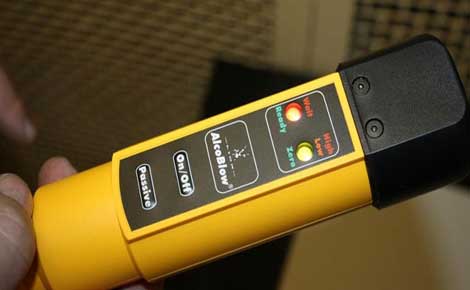×
The Standard e-Paper
Fearless, Trusted News

Consistent appeals by alcoblow convicts appear to have dealt a blow to traffic police who’d made a habit of levelling charges on motorists for failing to meet some calibration marks on the (un)popular gadget.